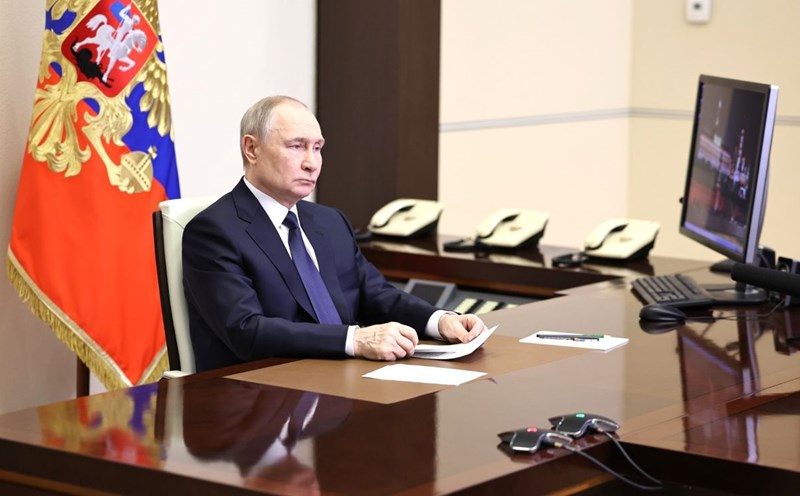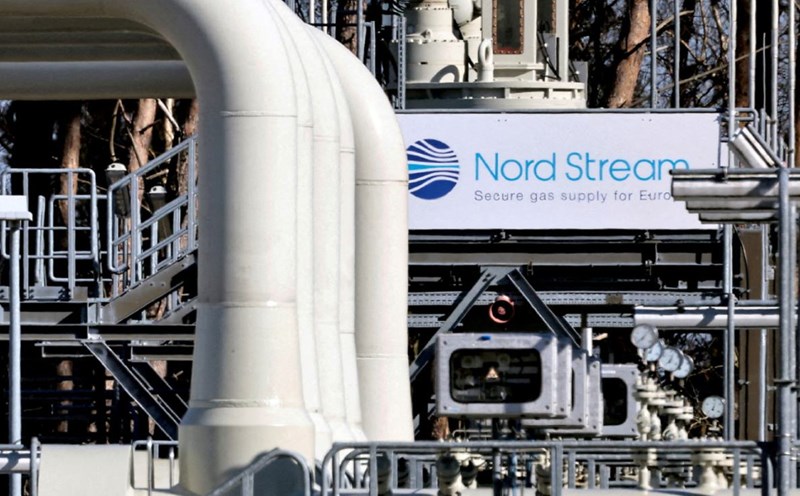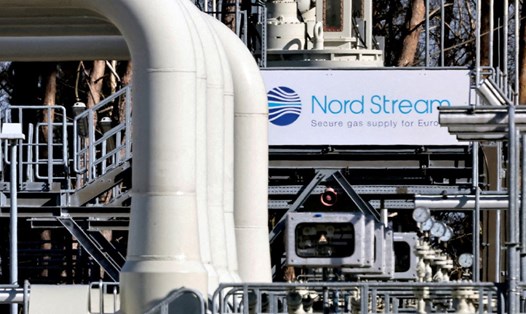On April 24, in an interview with TASS news agency, Alexey Belogoryev - research director at the Russian Energy and Finance Institute - expressed skepticism about the possibility of the US gaining commercial benefits from taking over Ukraine's gas transport system (GTS), despite the political moves being discussed.
According to Mr. Belogoryev, the US taking control of the Ukrainian GTS will depend mainly on "political will" from both Washington and Kiev. However, from an economic perspective, this project currently has very low attraction.
"The infrastructure has seriously degraded and needs to be upgraded. Meanwhile, the amount of Russian gas pumped through Ukraine to Europe has decreased sharply and it is unlikely to recover to old levels," the Russian expert emphasized.
In the scenario where the US is involved, the GTS infrastructure will still be owned by Ukraine, but management will be transferred to an American company.
It is known that since the 2000s, the idea of establishing an international consortium to manage and modernize the Ukrainian gas system, with the participation of American companies, has been discussed. However, the negotiations failed because of Kiev's tough stance on energy sovereignty and the situation has now become "more severe," Belogoryev said.
The Russian expert further analyzed that in terms of profit potential, GTS Ukraine is no longer as attractive as it was two decades ago. At that time, the volume of gas transit per year will average 120 billion m3.
Currently, even in the optimistic scenario of resuming Russia-EU relations, the volume of gas transit is only about 30-40 billion m3/year - "a figure too small for investors' expectations," Mr. Belogoryev said.
In addition, to make this project feasible, there need to be clear long-term commitments between suppliers and customers. Although Russia can ensure supply, Russian experts are skeptical about the readiness of European countries to make commitments to buy gas via Ukraine.
"Slovakia and Hungary can consider, but Austria, Italy or the Czech Republic find it difficult to accept such political and economic constraints. Reality has shown that the gas transit route through Ukraine always has high potential risks, making many European countries afraid" - Mr. Belogoryev concluded.
According to Reuters, the draft Ukrainian mineral deal drafted by the US requires the transfer of control of the gas pipeline to a US state-owned corporation. This comes as the Russian gas transit agreement via Ukraine to Europe has expired since January 1, 2025 and will not be extended.
Previously, the old agreement committed to transporting 40 billion cubic meters of gas per year. However, after Ukraine refused to extend the contract, Russian oil and gas giant Gazprom completely lost the technical and legal opportunity to continue transporting gas through this country, causing the flow of gas to Europe through Ukraine to be completely cut off.











